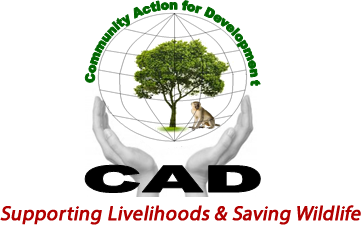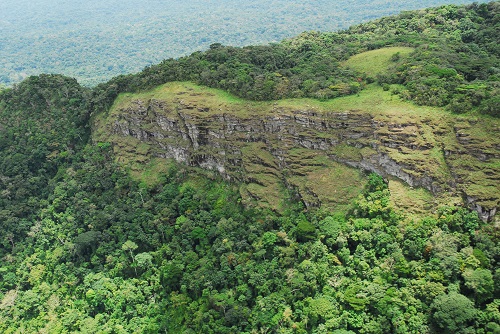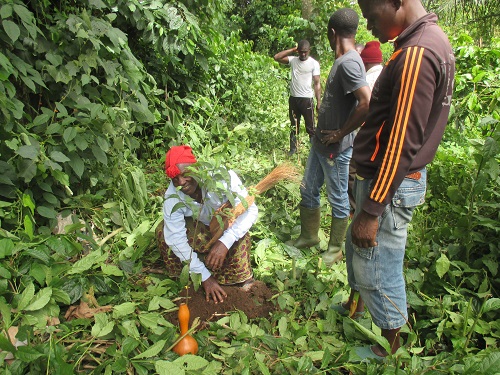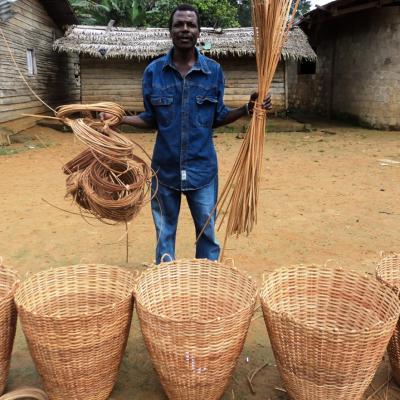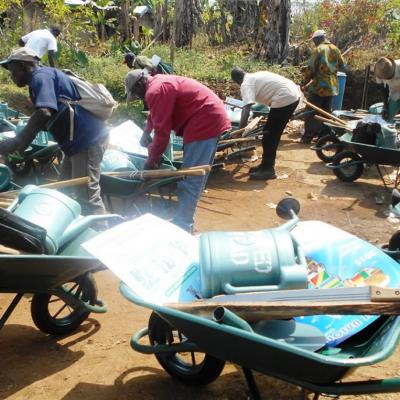Focus Areas
Biodiversity Conservation
Major threats to wildlife in the Bakossi-Banyang Mbo landscape are poaching, illicit trade in bushmeat and animal parts, deforestation due to agricultural expansion and artisanal logging. The combined effect is the degradation of habitats and ecosystems and loss of biological diversity. CAD employs various approaches in achieving the long-term conservation of species and ecosystems. This is done through hunters’ engagement, climate-smart agriculture, community-based sustainable tourism (CBST) and forest restoration initiatives. in and around protected areas with the long-termed objective of stabilising and/or increasing target wildlife populations and improving livelihoods.
Community Wellbeing
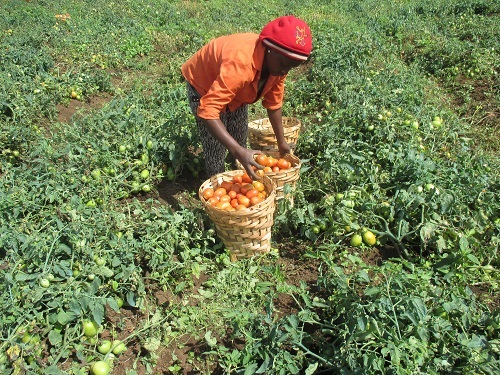
Our work in this component strives to merge conservation concerns with livelihood and health imperatives by enhancing food, nutrition and income security of the indigenous people and local communities (IPLCs), so as to curb poverty and increase their resilience to climate change. We do this through the use of multi-benefit approaches, such as, diversified farms (beekeeping, poultry, piggery and organic food crop production), agro-food value chain development; water, sanitation and hygiene (WASH), vocational training; and community health and health rights.
Sustainable Forest Management
As part of our work in the Bakossi National Park, CAD addresses the drivers of deforestation, such as, agricultural expansion and poor agricultural practices, unsustainable exploitation of forest resources, habitat and ecosystems degradation and poverty. We try to achieve this through climate-smart agriculture, restoration of degraded ecosystems and the domestication of Non-timber forest products (NTFPs) to enhance ecosystem viability, species diversity and increase the resilience of local communities to climate change.
